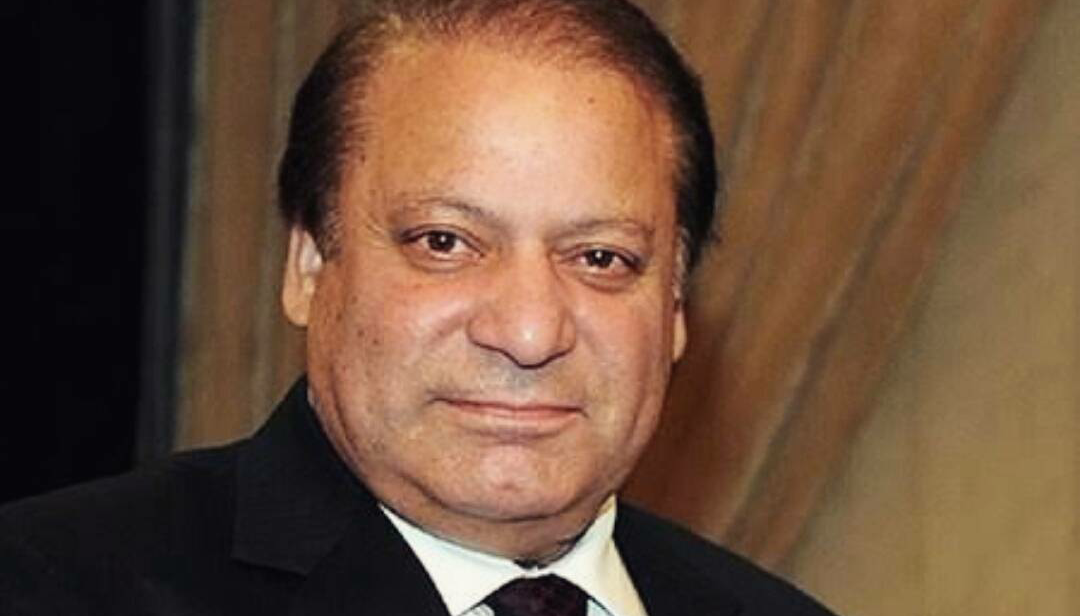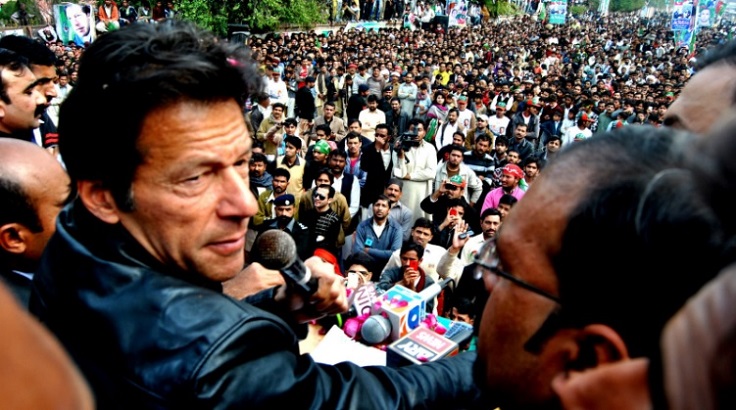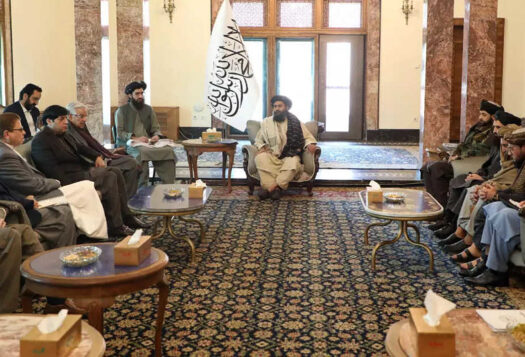
Since the Panama Papers leak last year, when a consortium of investigative journalists uncovered offshore companies owned by Nawaz Sharif’s family and their involvement in illegal property transactions worth millions of dollars, pressure on the prime minister had been mounting from various quarters—opposition parties, the military, the media, and the public. The Supreme Court (SC) of Pakistan accepted several petitions brought by opposition parties, including the Pakistan Tehreek-i-Insaf (PTI), Jamaat-i-Islami (JI), Watan Party, and the All Pakistan Muslim League, accusing Sharif and his family of corruption and seeking his removal from office. However, the court’s recent ruling gave no clear prediction on the disqualification of the prime minister, and as many had already predicted, the court passed on the matter to relevant agencies for further investigation. Corruption is indeed an undeniable and routine feature of Pakistani political culture that goes beyond Sharif and the Panama leaks. However, if Sharif and the Pakistan Muslim League-Nawaz (PML-N) choose to withstand these allegations and complete their tenure despite the concern of the masses, the already dented prime minister is likely to lose whatever is left of his integrity and political acceptability.
The apex court ruled that there was inadequate evidence to debar the prime minister, despite two of the five judges questioning his honesty, calling for his disqualification, and comparing the Sharif family’s fortune with that of The Godfather. But the court did advance that the prime minister and his sons, Hussain and Hasan Nawaz, must appear before a Joint Investigation Team (JIT) for further inquiry into the authenticity of the charges leveled against them. The proposed JIT is to contain officials from the National Accountability Bureau (NAB), Federal Investigation Agency (FIA), State Bank of Pakistan (SBP), Inter-Services Intelligence (ISI), and Military Intelligence (MI).
However, questions arise about the objectivity and efficacy of a JIT formed against the prime minister while he is still in power. The prospect of a fair, transparent, and impartial inquiry into the conduct of the sitting prime minister seems unlikely. The JIT at this stage seems ineffective considering the previous track record of JITs that were formed for similar political cases and failed to yield any surprising dividends.
Having said that, the forthcoming weeks and months will be challenging for PM Sharif. The Panama revelations have raised serious queries about his legitimacy at both the public and political levels. Recently, the Lahore High Court Bar Association asked the prime minister to step down or face nationwide lawyer activism larger than that for the restoration of the judiciary during Musharraf’s regime. Conventional wisdom suggests that following his indisputable moral ineligibility, Sharif should have voluntarily stepped down and permitted the Election Commission of Pakistan (ECP) to hold new elections. The Panama case has already enormously bruised his political bequest and is likely to yield stern ramifications for his future political endeavors.

With regard to the opposition parties, based on the verdict, the PTI seems to have suffered a legal setback with regard to its campaign against the prime minister. However, the PTI is in a position to improve its reputation in the public eye for its anti-corruption stance. PTI chief Imran Khan demanded Sharif’s resignation and stated that if the JIT gave a clean chit to him in 60 days, Sharif could resume office. The Pakistan Peoples Party (PPP) co-chairman Asif Ali Zardari also demanded the PM’s resignation. That said, beyond organizing rallies and demonstrations, Imran Khan still has a lot to learn–for example on governance, procuring national and global support, presenting an innovative vision, and formulating a clear national direction.
So, what must be done going forward? First, a credible, transparent and impartial board must be formulated to conduct the investigation to conclude the case logically without undermining the public trust. Second, the PM should dissolve the Parliament, thereby ceding power to a caretaker government, and let the ECP conduct a fair general election. This would provide the prime minister with an opportunity to restore his wounded political legitimacy and reverse some of the reputational damage. This would also raise the standing of the PML-N as the strongest political party. Third, for the continuity and reliability of the democratic process, the military must execute its role justly and righteously as part of the JIT. However, the contention is that the inclusion of military-run intelligence agencies in a probe against a serving prime minister in matters of finance and the law would set a precedent that should not be established. Furthermore, any military move towards any sort of martial law in any form will not serve the national purpose. The inclusion of seasoned officers of the MI and the ISI in the JIT is likely to harm the actual role, efficacy, and image of the military as an institution. Therefore, it is advised that the military officers should step back from the probe team to investigate a civilian case of this kind.
***
Editor’s Note: Click here to read this article in Urdu
Image 1: Prerna Goyal, Wikimedia
Image 2: Pakistan Tehreek-e-Insaf, Flickr


